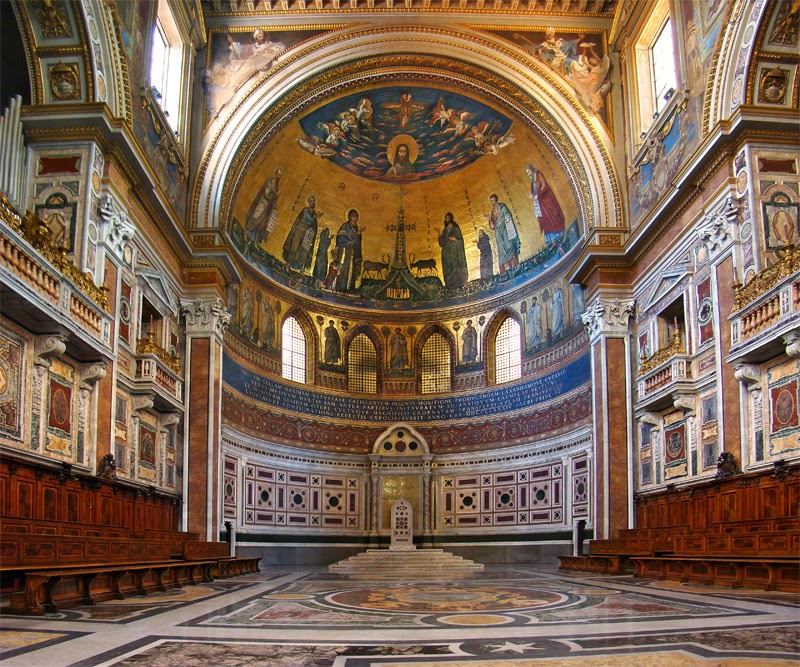As we enter the New Year, in the company of Mary, the mother of the Lord, we are called to dedicate this day to prayer and reflection on peace. The Catholic Church celebrates this day as The World Day of Peace.
To work for peace
There is a Bemba proverb about peace, which stresses each one’s responsibility in the building of peace. It says: Mwikala apatalala, mwine apatalalika, meaning: To stay cool, make it cool; or To live in peace, make it peaceful.
Peace goes together with the recognition of and the respect for each other’s dignity. All of us without exception are human beings, endowed with the same dignity, therefore with the same rights. There can be no peace, when some are seen as objects which can be trample upon or bought and sold as market commodities. Peace is impossible without justice and freedom. It is the duty of each one of us to work hard for the conditions of peace to be established among us. Whenever we ignore and despise the humanity of the others, we loose our humanity.
Not slaves, but brothers and sisters
For this year’s World Day of Peace, Pope Francis gives us the theme:
NO LONGER SLAVES,
BUT BROTHERS AND SISTERS.
We are called to become aware of the existence of slavery in these modern times, and then to work hard to overcome slavery so that everybody can live in freedom and peace as true human beings.
Situations of slavery
In his message, the Pope makes a summary of the situations of slavery in our world:
- “I think of the many men and women labourers, including minors, subjugated in different sectors, whether formally or informally, in domestic or agricultural workplaces, or in the manufacturing or mining industry; whether in countries where labour regulations fail to comply with international norms and minimum standards, or, equally illegally, in countries which lack legal protection for workers’ rights.
- I think also of the living conditions of many migrants who, in their dramatic odyssey, experience hunger, are deprived of freedom, robbed of their possessions, or undergo physical and sexual abuse. In a particular way, I think of those among them who, upon arriving at their destination after a gruelling journey marked by fear and insecurity, are detained in at times inhumane conditions. I think of those among them, who for different social, political and economic reasons, are forced to live clandestinely. My thoughts also turn to those who, in order to remain within the law, agree to disgraceful living and working conditions, especially in those cases where the laws of a nation create or permit a structural dependency of migrant workers on their employers, as, for example, when the legality of their residency is made dependent on their labour contract. Yes, I am thinking of “slave labour”.
- I think also of persons forced into prostitution, many of whom are minors, as well as male and female sex slaves. I think of women forced into marriage, those sold for arranged marriages and those bequeathed to relatives of their deceased husbands, without any right to give or withhold their consent.
- Nor can I fail to think of all those persons, minors and adults alike, who are made objects of trafficking for the sale of organs, for recruitment as soldiers, for begging, for illegal activities such as the production and sale of narcotics, or for disguised forms of cross-border adoption.
- Finally, I think of all those kidnapped and held captive by terrorist groups, subjected to their purposes as combatants, or, above all in the case of young girls and women, to be used as sex slaves. Many of these disappear, while others are sold several times over, tortured, mutilated or killed.” (Pope’s message for the day of peace)
As we pray for peace, let us commit ourselves to work for peace, remembering that: “Mwikala apatalala, mine aipatalalika”.
I wish all my readers a New Year
full of God’s blessings.




